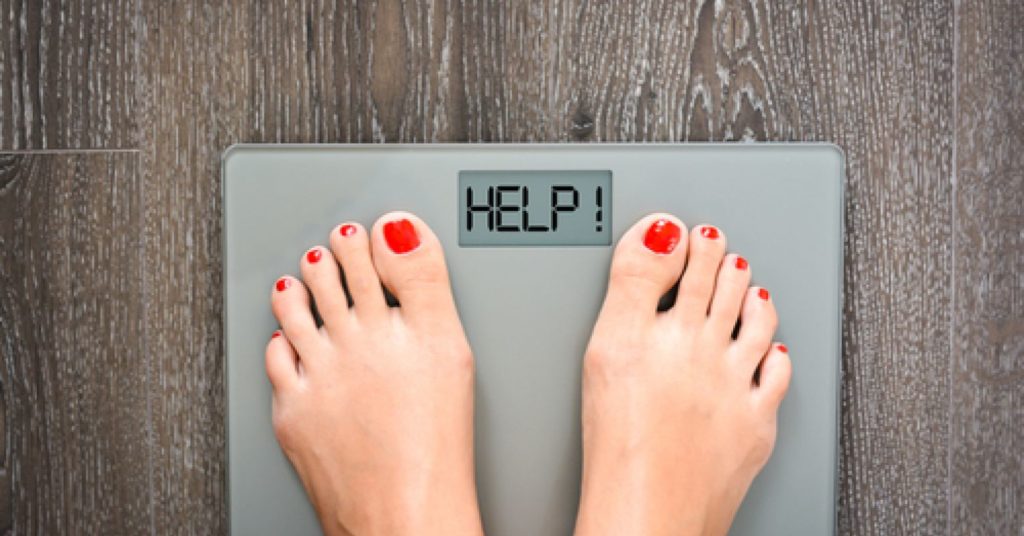From a very young age, all children, especially young girls and women, are pressured to monitor their personal exercise and eating habits in order to maintain a healthy lifestyle. However, these incessant programs, check-ins and monitoring blur the line between fostering a healthy habit and encouraging behaviors that we often see with eating disorders and body dysmorphia. These both are concerningly prevalent issues among young women in particular as they enter adolescence and adulthood.
According to statistics from the National Association of Anorexia Nervosa and Associated Disorders, “42% of 1st-3rd grade girls want to be thinner, 81% of 10 year old children are afraid of being fat, 46% of 9-11 year-olds are ‘sometimes’ or ‘very often’ on diets, 35-57% of adolescent girls engage in crash dieting, fasting, self-induced vomiting, diet pills, or laxatives, and 91% of the women admitted to controlling their weight through dieting in a college campus survey.”
As college students, we are often experiencing the first real taste of independence, living away from home and being responsible for managing our own health without the direct influence from our parents or guardians. We are in charge of taking care of our own diets, eating habits, workout routines if any, personal hydration, supplements and more.
With all of the different responsibilities such as pursuing a degree, balancing full or part-time work, maintaining a social life and getting involved in different organizations on campus, it is often hard for students to prioritize their personal health, hence, the stereotypical gain of the freshman 15.
Adolescent and adult women often try to combat unwanted gains by following the advice of close friends, family members, peers, even the hot YouTube or TikTok fitness instructor that vouches for chewing ice and eating unseasoned chicken breasts three times a day. Impressionable individuals are told to fast, reduce their caloric intake, weigh in frequently, completely cut out “undesirable” foods and exercise without proper training, all of which drastically influence one’s personal health and wellness.
When we are not subjecting ourselves to the opinions and advice we value the most from those closest to us, we are placing our trust and insecurities in the hands of social media, the prime example of unrealistic beauty and lifestyle expectations for every user.
Trendy diets, 2-week ab shredding challenges and water fasting are all examples of cookie-cutter solutions presented to those who feel desperate to fit a mold being pressured to them without truly examining the way their body works or functions in the long-term.
And of course, when these “solutions” inevitably fail or do not produce the desired long-term results, these women blame themselves, negatively influencing their relationships to their own health and habits.
This creates an incredibly harmful standard in how we view health, beauty and body positivity in our society.
According to a study focusing on users who actively engaged in social media platforms from Mental Health First Aid USA, “Skipping meals and other behaviors related to eating disorders were reported by 52% of girls and 45% of boys who participated in the study. While social media wasn’t cited as a direct cause of eating disorders, according to the study, there is a connection that should be acknowledged and monitored.”
Acknowledging and monitoring these influences will allow us to promote healthy diet and exercise habits that do not rely on adjusting one’s life in such a way that health and fitness is seen as a sacrifice or a drastic change. Through encouragement of balanced eating, moderation, studying one’s own anatomy, and examining mental wellbeing in how it relates to one’s view of their personal health, we can depart from our diet culture and enter into a new and improved health culture for all.
Katarina Hockema can be reached at arg-life@uidaho.edu or on Twitter @kat_hockema
